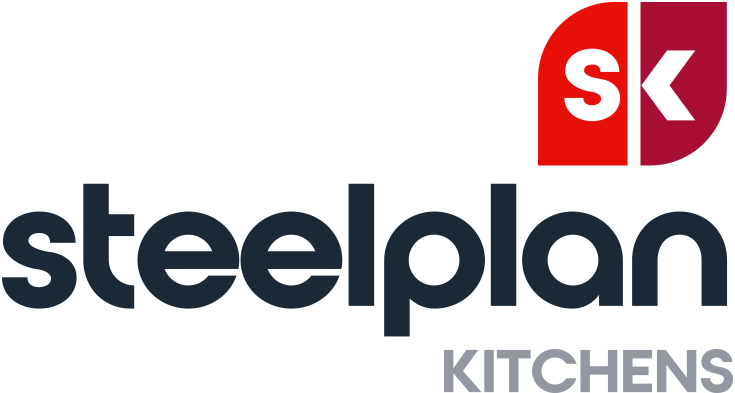Checklist: Warning signs and must haves for choosing a community kitchen supplier
Not all semi-commercial kitchens are created equal. When selecting a semi-commercial kitchen supplier, you need to choose carefully. Here’s a handy checklist to help you with the task.
Looking for a kitchen to install in your community venue or place of worship? Then you might have seen suppliers advertising ‘semi-commercial’ kitchens that should be ideal for your space.
A semi-commercial kitchen has the hard-wearing durability of a commercial kitchen (the kind you find in a restaurant) but still has the warm, colourful look and feel you need to create an inviting space.
Semi-commercial kitchens really are the best investment for a kitchen that is going to be used by volunteers, members of the public, community groups and even semi-professionals running a small café – but be warned. Just because a supplier says they are ‘semi-commercial’, it doesn’t mean that their kitchens are held to the same high standard that a truly semi-commercial kitchen should be. You can easily find yourself paying for a semi-commercial kitchen that doesn’t deliver on its long-lasting semi-commercial promise.
So, what should you look out for? Here, we provide a checklist of warning signs and must-haves to look out for when choosing your kitchen supplier.
- Warning: The units are made of MDF or chipboard with timber frames
An MDF or chipboard kitchen with timber frames just can’t cope in a semi-commercial environment. No matter how they are treated to protect from ingress or dirt, they will eventually start to absorb moisture, become difficult to clean (and keep clean), chip, crack and loosen – they can even trap germs and, sometimes, pests. These materials just aren’t cut out for the heavy wear and tear of a semi-commercial environment.
Must-have: The units are made entirely of zinc-coated steel
Units made from zinc-coated steel are better suited to a semi-commercial kitchen, as they aren’t prone to aging in the same way that other materials are. They’re sturdy, easy to keep hygienically clean inside and out, and are far more chip and scratch resistant than MDF and chipboard.
- Warning: Doors and drawers are ‘foil’ wrapped
Watch out for cabinet doors and drawers that are ‘foil’ (vinyl) wrapped. While it prevents some damage from moisture and spills, it’s temporary. The coating will soon start to bubble and can peel if it becomes wet (a particular problem for doors underneath sinks and drainage).
Some suppliers will wrap an acrylic seal around the edge of these doors in the guise of this making them more durable, but it doesn’t really improve their lifespan. Not only are they tempting for kitchen users to pick at (often because they think it isn’t part of the door), but they are also very prone to burning when they touch hot crockery – far more so than powder-coated mild steel.
Besides, it doesn’t look great, either.
Must-have: Doors and drawers are powder-coated
Doors that are made of Zintec polyester powder-coated mild steel are genuinely long-lasting, and still available in a range of 18 stylish colours after treatment, so they won’t look sterile or imposing in your community environment. They don’t have a wrap that can peel, and they don’t need ugly edging to be water-tight. The inner and outer skin with foam insulation also deadens sound and makes doors more impact resistant – so you can be confident that your doors will close quietly and withstand some ‘highly energetic’ usage in a semi-commercial environment.
- Warning: Installers don’t want to work with it
A lot of professional installers hate poor quality flat pack kitchens made from MDF or chipboard. It’s difficult to work with, is more likely to be damaged in transportation, and can be prone to snapping, cracking or the threads stripping during assembly. This can add extra time and cost to your installers – and all for a kitchen that won’t last as long as it should.
Must-have: It’s easy to install
Cabinets in a good semi-commercial kitchen are usually delivered already constructed, they just need to be slotted into place and secured. It reduces time to install and is preferred by professionals. It is possible to get a decent semi-commercial kitchen that is ‘flat packed’ for assembly on site, but it’s all about the materials: Zinc coated steel = good, MDF = bad.
If you want some friendly advice on selecting a semi-commercial kitchen – or even just a few helpful tips to get your project started – our Community Kitchens team can help. Call 0844 809 9186 or send an email to [email protected].





